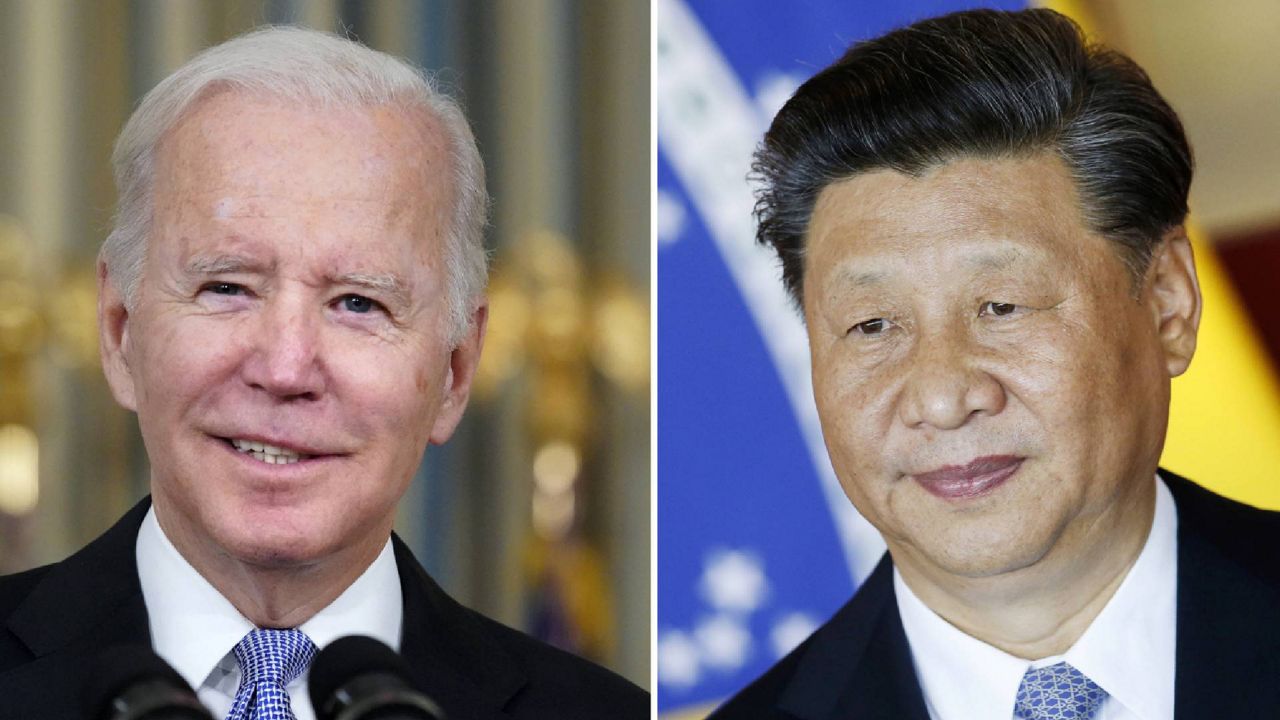President Joe Biden will meet with Chinese leader Xi Jinping on Monday at the G20 summit in Bali, Indonesia, the White House announced.
The meeting is not tied to concrete outcomes or solving differences between the U.S. and China, but it’s rather a discussion to create a “better understanding” of each other’s priorities and intentions, a senior administration official told reporters Thursday.
The face-to-face meeting is the first since Biden became president in 2021, though the two men traveled the U.S. and China together in 2011 and 2012 when they were each serving as vice presidents. They’ve also spoken by video call five times since Biden took office.
Issues during Monday’s meeting will include the U.S.-China relationship, including their economic competition, plus U.S. concerns about Chinese aggression toward Taiwan, human rights violations and their “harmful” economic practices, the senior official previewed.
The goal is to build a “floor” for future discussions. They’ll also discuss “transnational challenges” that supersede their two counties, White House press secretary Karine Jean-Pierre said in a statement.
Biden on Wednesday said he’s spent 67 hours in person with Xi.
“I've told him: I'm looking for competition, not conflict,” he said in a press conference.
Biden caused a stir in Asia in May when at a news conference in Tokyo, said “yes” when asked if he was willing to get involved militarily to defend Taiwan if China invaded. The White House and Defense Secretary Lloyd Austin were quick to clarify that there was no change in U.S. policy.
Tensions over Taiwan have grown since House Speaker Nancy Pelosi visited Taiwan in August.
Biden said that he’s “not willing to make any fundamental concessions” about the United States’ Taiwan doctrine.
Under its “One China” policy, the United States recognizes the government in Beijing while allowing for informal relations and defense ties with Taipei. It takes a stance of “strategic ambiguity” toward the defense of Taiwan — leaving it open whether it would respond militarily were the island attacked.
“What I want to do with him when we talk is lay out what each of our red lines are and understand what he believes to be in the critical national interests of China, what I know to be the critical interests of the United States,” Biden said Wednesday. “And determine whether or not they conflict with one another.”
The Associated Press contributed to this report.



